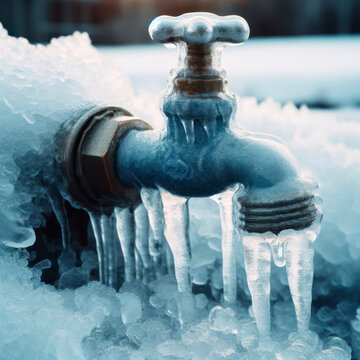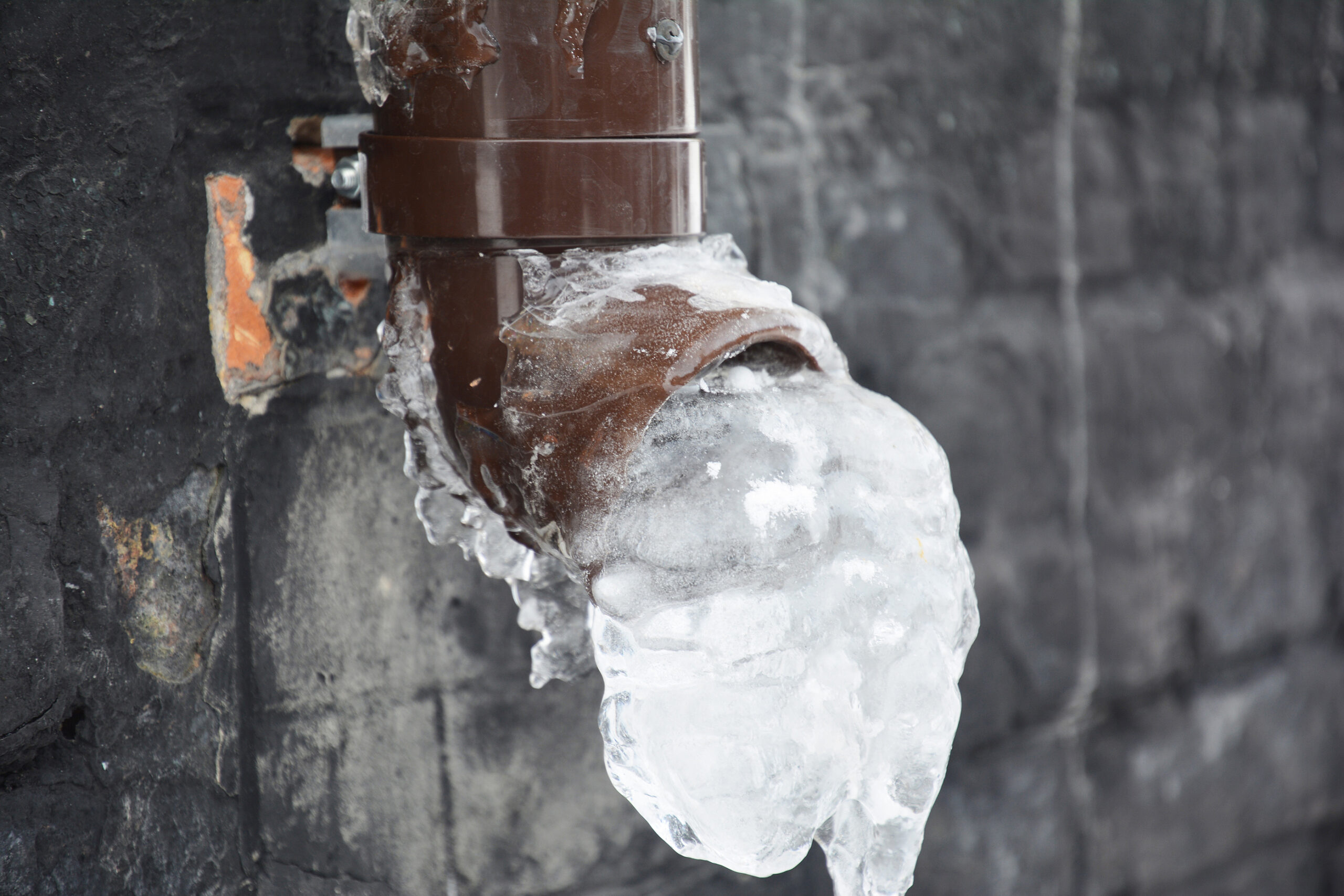Guidance for Avoiding Frozen Pipes in Winter: Expert Tips
Guidance for Avoiding Frozen Pipes in Winter: Expert Tips
Blog Article
In this article below you'll find a bunch of incredibly good content relating to Preventing and dealing with frozen pipes.

Winter can wreak havoc on your pipes, particularly by freezing pipes. Below's how to stop it from happening and what to do if it does.
Introduction
As temperatures decrease, the threat of icy pipelines boosts, potentially causing expensive repair services and water damage. Comprehending exactly how to avoid frozen pipelines is vital for property owners in cold environments.
Recognizing Frozen Pipes
What triggers pipelines to ice up?
Pipelines freeze when exposed to temperatures below 32 ° F (0 ° C) for expanded periods. As water inside the pipes freezes, it increases, putting pressure on the pipe walls and possibly creating them to rupture.
Threats and damages
Icy pipelines can result in water supply disturbances, home damages, and expensive repair services. Ruptured pipes can flooding homes and cause extensive structural damage.
Indications of Frozen Piping
Determining frozen pipes early can stop them from rupturing.
Just how to identify icy pipelines
Search for reduced water flow from taps, uncommon odors or noises from pipes, and noticeable frost on subjected pipelines.
Avoidance Tips
Shielding at risk pipelines
Wrap pipes in insulation sleeves or make use of heat tape to shield them from freezing temperature levels. Focus on pipelines in unheated or exterior areas of the home.
Home heating strategies
Keep indoor rooms effectively heated up, particularly locations with plumbing. Open up cupboard doors to allow warm air to distribute around pipelines under sinks.
Securing Outside Plumbing
Yard tubes and outside taps
Disconnect and drain garden hose pipes prior to winter months. Mount frost-proof spigots or cover outdoor faucets with insulated caps.
What to Do If Your Pipes Freeze
Immediate actions to take
If you suspect frozen pipelines, maintain taps open up to soothe stress as the ice thaws. Utilize a hairdryer or towels soaked in hot water to thaw pipelines gradually.
Long-Term Solutions
Structural adjustments
Consider rerouting pipelines away from outside wall surfaces or unheated areas. Include additional insulation to attics, cellars, and crawl spaces.
Upgrading insulation
Buy top notch insulation for pipes, attic rooms, and walls. Correct insulation helps keep consistent temperature levels and reduces the danger of icy pipes.
Final thought
Preventing frozen pipelines requires positive actions and quick responses. By recognizing the reasons, indications, and safety nets, home owners can shield their pipes throughout winter.
Helpful Tips to Prevent Frozen Pipes this Winter
UNDERSTANDING THE BASICS: WHY PIPES FREEZE AND WHY IT’S A PROBLEM
Water freezing inside pipes is common during the winter months, but understanding why pipes freeze, and the potential problems it can cause is crucial in preventing such incidents. This section will delve into the basics of why pipes freeze and the associated problems that may arise.
THE SCIENCE BEHIND FROZEN PIPES
When water reaches freezing temperatures, it undergoes a physical transformation and solidifies into ice. This expansion of water as it freezes is the primary reason pipes can burst. As the water inside the pipe freezes, it expands, creating immense pressure on the walls. If the pressure becomes too great, the pipe can crack or rupture, leading to leaks and water damage.
FACTORS THAT CONTRIBUTE TO PIPE FREEZING
Low Temperatures: Extremely cold weather, especially below freezing, increases the risk of pipes freezing. Uninsulated or Poorly Insulated Pipes: Pipes located in unheated areas, such as basements, crawl spaces, or attics, are more prone to freezing. Insufficient insulation or lack of insulation altogether exacerbates the problem. Exterior Wall Exposure: Pipes running along exterior walls are susceptible to freezing as they encounter colder temperatures outside. Lack of Heating or Temperature Regulation: Inadequate heating or inconsistent temperature control in your home can contribute to frozen pipes. PROBLEMS CAUSED BY FROZEN PIPES
- Pipe Bursting: As mentioned earlier, the expansion of water as it freezes can cause pipes to burst, resulting in significant water damage.
- Water Damage: When pipes burst, it can lead to flooding and water damage to your property, including walls, ceilings, flooring, and personal belongings.
- Structural Damage: Prolonged exposure to water from burst pipes can compromise the structural integrity of your home, leading to costly repairs.
- Mold and Mildew Growth: Excess moisture from water damage can create a favorable environment for mold and mildew growth, posing health risks to occupants.
- Disrupted Water Supply: Frozen pipes can also result in a complete or partial loss of water supply until the issue is resolved.
WHY CERTAIN PIPES ARE MORE PRONE TO FREEZING
- Location: Pipes located in unheated or poorly insulated areas, such as basements, crawl spaces, attics, or exterior walls, are at higher risk of freezing.
- Exterior Pipes: Outdoor pipes, such as those used for irrigation or exposed plumbing, are particularly vulnerable to freezing as they are directly exposed to the elements.
- Supply Lines: Pipes that carry water from the main water supply into your home, including the main water line, are critical to protect as freezing in these lines can affect your entire plumbing system.
- Underground Pipes: Pipes buried underground, such as those connected to sprinkler systems or outdoor faucets, can be susceptible to freezing if not properly insulated.
https://busybusy.com/blog/helpful-tips-to-prevent-frozen-pipes-this-winter/

I am just very interested by How to Prevent Your Pipes From Freezing and I hope you liked the entire entry. Sharing is good. You just don't know, you may very well be doing someone a favor. Thanks for taking the time to read it.
Quote Report this page